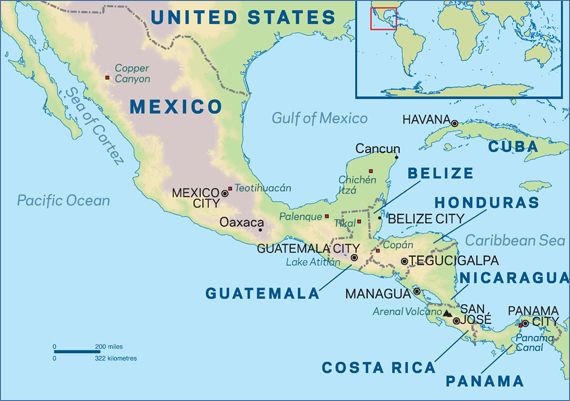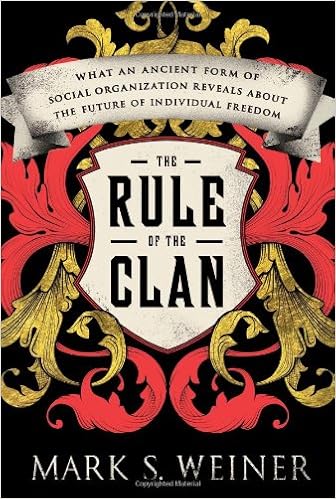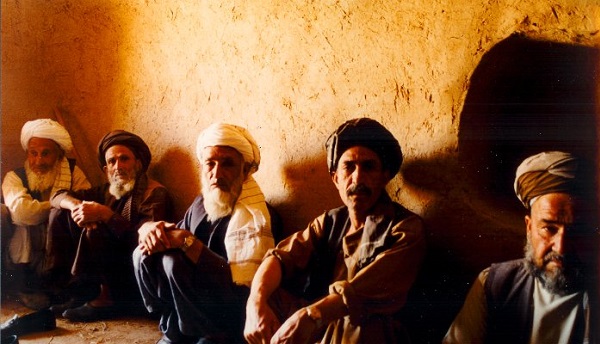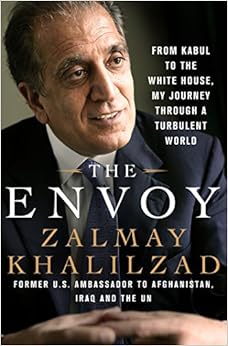Guest Post: Hays on From Matamoros to Managua
Wednesday, June 20th, 2018[mark safranski / “zen“]

“Jack Hays“. Mr. Hays has considerable experience in a number of political and policy positions inside government and out and shares with the ZP readership our appreciation for history, strategy and other things further afield. Mr. Hays also has extensive time south of the border. He wrote this brief essay elsewhere and gave permission to share it.
From Matamoros to Managua live just under 170 million people. Their societies are coming apart. That doesn’t mean they are necessarily poor — especially in Mexico — though they frequently are. It does mean that for various reasons, be it the stresses of global trends, misgovernance, societal pathologies, historical causes, or beyond, their institutions are failing. It is likely no accident that this comes to pass in the generation after the era of autocratic parties and strong men. The succeeding era of democracy and pluralism is both liberating and rapacious: for many it has exchanged the danger of being killed by the state for the danger of being killed by nearly anyone. What arises in the aftermath is therefore exceptionally violent. It is not unfamiliar in human history: even at the most glorious moment of the Siglo de Oro, everyday Spanish life was also exceptionally violent. But that isn’t the right comparison: what you see in, say, northern Mexico or urban Honduras is less 16th-century Spain than 17th-century Germany — or 21st-century Damascus. It is a terrifying and brutal existence, and people quite rationally flee.
They especially flee when they are trying to protect children they love.
There is nothing — nothing short of murder — that deters flight and migration in those conditions. Therefore, there being still some things we won’t try, the questions arises: what will we try? If we aren’t going to take them in, what do we do?
What are you willing to have America do to stabilize these societies? The probable answer probably includes things like open or preferential trade. It probably includes aggressive engagement with local politics. It probably includes forcible imposition of our own law-enforcement institutions upon theirs. It may even include the use, in some form, of the United States military. None of this is speculative. All of it has happened before. All of it also ended in mostly the same way: there was a desultory clash of arms, the United States demanded certain things of local sovereigns, and events resolved when someone assumed autocratic control of the southern reaches.
None of this is consonant with our postwar models of American behavior. Yes, we are the country that conquered Panama in 1989; we are also the country that was turned away by a mob from Haitian shores in 1994. We are also the country that doggedly tries to inculcate democratic civic norms in places like Afghanistan when a monarch or a warlord would quite suffice. We have an aversion to nation-building and then we do a great deal of it badly.
But nation-building is precisely what is needed from Matamoros to Mexico. It is for their sake, and ours. The task is gigantic, and before the real crisis is upon us — which will involve millions on the move, not mere thousands — we still have time to undertake it. But we think it is about ourselves, we think they can govern themselves, we imagine we have anything more compelling to pressure them with than the things they fled in San Pedro Sula, in Ciudad Mier, in San Salvador, in a thousand over violent corners of an ancient and bloody land. We are wrong on all counts.
We act, or action is forced upon us. So what are you willing to do?






